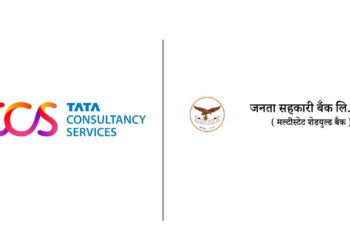Now India’s Rajya Sabha has also passed the Promotion and Regulation of Online Gaming Bill, 2025. This bill aims to stop online games that involve money, but will allow e-sports and other games that focus on skills.
The decision to create this law followed many discussions about the risks that money-based online games can pose to people and families.
The Lok Sabha approved the bill on August 20, and the Rajya Sabha followed on August 21. It just needs the president’s approval to become a law. Once it becomes law, it could impact the gaming industry, which has been growing quickly in recent years and has drawn both investment and concern.
Why Is the Government Taking Action?
Information Technology Minister Ashwini Vaishnaw defended this law by saying that online betting and gambling are very dangerous, even more so than drugs. He mentioned several cases where people faced serious financial issues, family problems, and even suicide related to money-based gaming platforms.
A report by the All India Gaming Federation (AIGF) showed that in 2024, India had over 450 million online gamers, making it the second-largest market in the world after China. The data also shows that the money-based gaming segment is expected to grow from $2.2 billion in 2023 to $3.6 billion by 2029.
What the Bill Proposes
The legislation bans all online games involving monetary stakes, their advertisements, and any form of financial facilitation. At the same time, it creates space for what the government calls “positive gaming ecosystems,” covering e-sports, educational gaming, and casual social gaming.
A central Online Gaming Authority will be set up to license and regulate platforms, classify games, and block unlawful applications. The regulator is expected to function as a single-window system, reducing ambiguity for developers and investors while protecting consumers.
Penalties are stringent: violation of the ban could lead to imprisonment of up to three years and fines of up to ₹ 1 crore. Repeat offenders face even harsher punishment, with provisions for non-bailable offences and powers of search and seizure.
Industry Impact
The legislation has rattled India’s online gaming start-up ecosystem, particularly companies such as Dream11 and Mobile Premier League (MPL), valued at $8 billion and $2.5 billion, respectively. Both platforms, built around fantasy sports and real-money contests, may face shutdowns once the law takes effect.
The financial markets have already reacted negatively. Shares of gaming-linked firms, including Nazara Technologies and Delta Corp, fell after the bill’s passage, reflecting investor anxiety about the sector’s future.
The President’s approval is the final step needed for the bill to become law and set a precedent for managing online gaming in India.
Also Read: 90% of Game Developers Use AI, Google Cloud Research Shows























